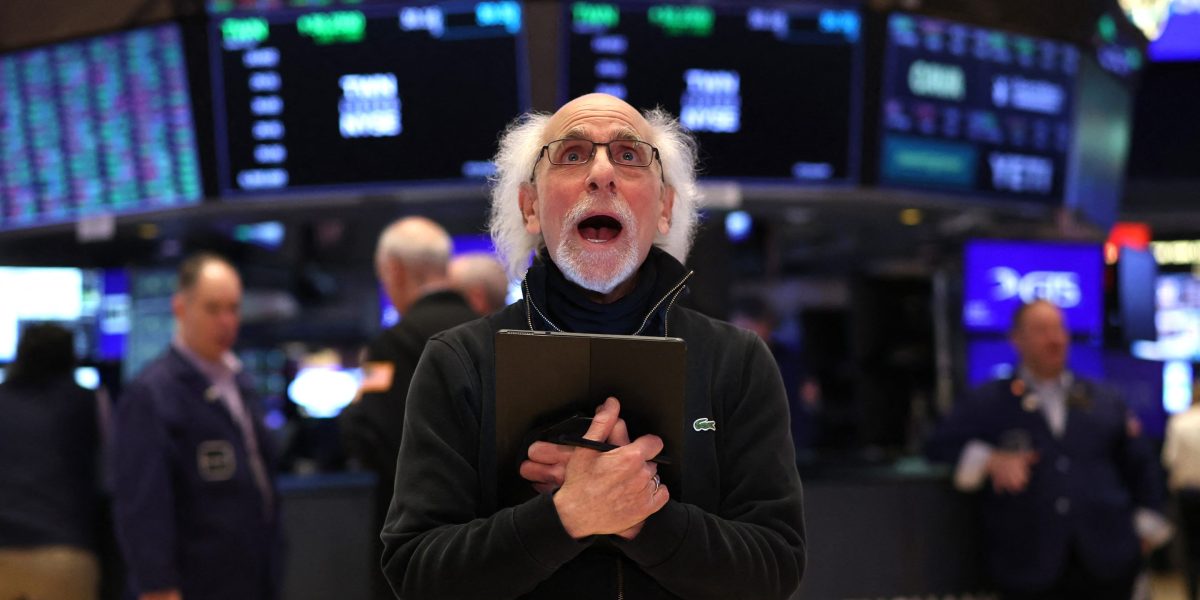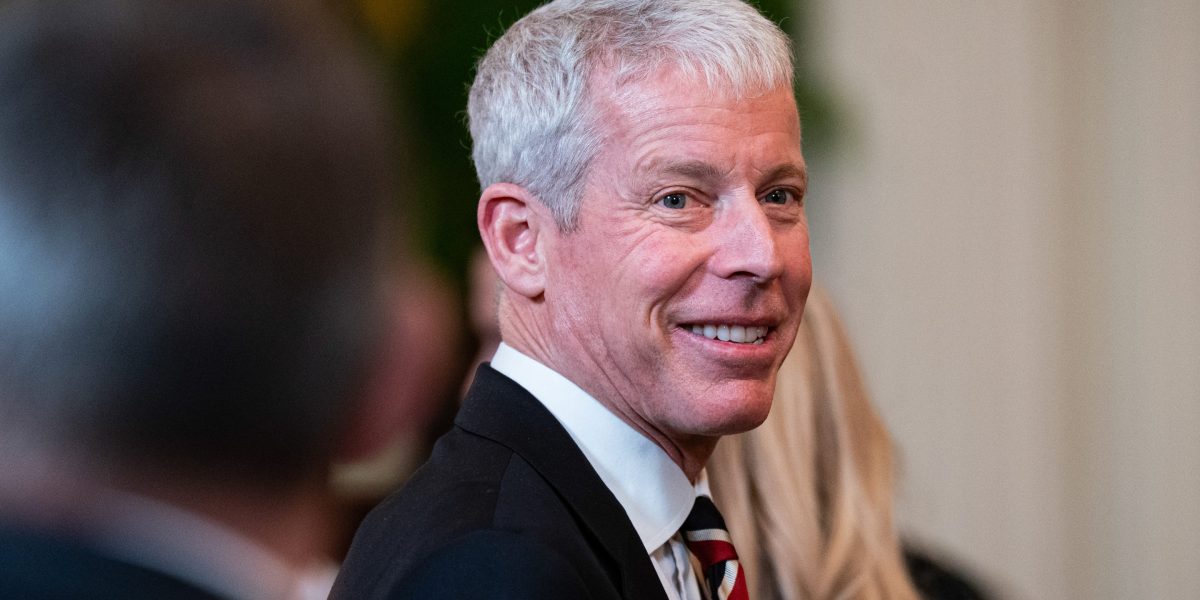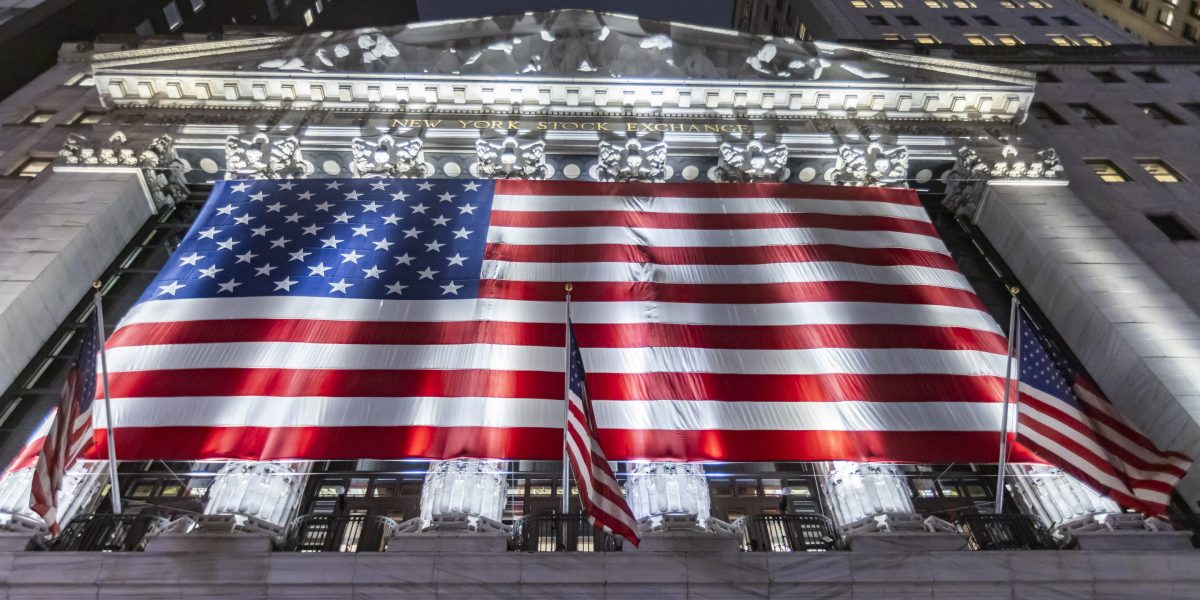A crackdown on foreign students is alarming colleges, who say the Trump administration is using new tactics and vague justifications to push some students out of the country.
College officials worry the new approach will keep foreigners from wanting to study in the U.S.
Students stripped of their entry visas are receiving orders from the Department of Homeland Security to leave the country immediately — a break from past practice that often permitted them to stay and complete their studies.
Some students have been targeted over pro-Palestinian activism or criminal infractions — or even traffic violations. Others have been left wondering how they ran afoul of the government.
At Minnesota State University in Mankato, President Edward Inch told the campus Wednesday that visas had been revoked for five international students for unclear reasons.
He said school officials learned about the revocations when they ran a status check in a database of international students after the detention of a Turkish student at the University of Minnesota in Minneapolis. The State Department said the detention was related to a drunken driving conviction.
“These are troubling times, and this situation is unlike any we have navigated before,” Inch wrote in a letter to campus.
President Donald Trump campaigned on a promise to deport foreign students involved in pro-Palestinian protests, and federal agents started by detaining Columbia graduate student Mahmoud Khalil, a green-card-holder and Palestinian activist who was prominent in protests at Columbia last year. Secretary of State Marco Rubio said last week students are being targeted for involvement in protests along with others tied to “potential criminal activity.”
In the past two weeks, the government apparently has widened its crackdown. Officials from colleges around the country have discovered international students have had their entry visas revoked and, in many cases, their legal residency status terminated by authorities without notice — including students at Arizona State, Cornell, North Carolina State, the University of Oregon, the University of Texas and the University of Colorado.
Some of the students are working to leave the country on their own, but students at Tufts and the University of Alabama have been detained by immigration authorities — in the Tufts case, even before the university knew the student’s legal status had changed.
Feds bypass colleges to move against students
In this new wave of enforcement, school officials say the federal government is quietly deleting foreigners’ student records instead of going through colleges, as was done in the past.
Students are being ordered to leave the country with a suddenness that universities have rarely seen, said Miriam Feldblum, president and CEO of the Presidents’ Alliance on Higher Education and Immigration.
In the past, when international students have had entry visas revoked, they generally have been allowed to keep legal residency status. They could stay in the country to study, but would need to renew their visa if they left the U.S. and wanted to return. Now, increasing numbers of students are having their legal status terminated, exposing them to the risk of being arrested.
“None of this is regular practice,” Feldblum said.
At North Carolina State University, two students from Saudi Arabia left the U.S. after learning their legal status as students was terminated, the university said. N.C. State said it will work with the students to complete their semester from outside the country.
Philip Vasto, who lived with one of the students, said his roommate, in graduate school for engineering management, was apolitical and did not attend protests against the war in Gaza. When the government told his roommate his student status had been terminated, it did not give a reason, Vasto said.
Since returning to Saudi Arabia, Vasto said his former roommate’s top concern is getting into another university.
“He’s made his peace with it,” he said. “He doesn’t want to allow it to steal his peace any further.”
Database checks turn up students in jeopardy
At the University of Texas at Austin, staff checking a federal database discovered two people on student visas had their permission to be in the U.S. terminated, a person familiar with the situation said. The person declined to be identified for fear of retaliation.
One of the people, from India, had their legal status terminated April 3. The federal system indicated the person had been identified in a criminal records check “and/or has had their visa revoked.” The other person, from Lebanon, had their legal status terminated March 28 due to a criminal records check, according to the federal database.
Both people were graduates remaining in the U.S. on student visas, using an option allowing people to gain professional experience after completing coursework. Both were employed full time and apparently had not violated requirements for pursuing work experience, the person familiar with the situation said.
Some students have had visas revoked by the State Department under an obscure law barring noncitizens whose presence could have “serious adverse foreign policy consequences.” Trump invoked the law in a January order demanding action against campus antisemitism.
But some students targeted in recent weeks have had no clear link to political activism. Some have been ordered to leave over misdemeanor crimes or traffic infractions, Feldblum said. In some cases, students were targeted for infractions that had been previously reported to the government.
Some of the alleged infractions would not have drawn scrutiny in the past and will likely be a test of students’ First Amendment rights as cases work their way through court, said Michelle Mittelstadt, director of public affairs at the Migration Policy Institute.
“In some ways, what the administration is doing is really retroactive,” she said. “Rather than saying, ‘This is going to be the standard that we’re applying going forward,’ they’re going back and vetting students based on past expressions or past behavior.”
The Association of Public and Land-grant Universities is requesting a meeting with the State Department over the issue. It’s unclear whether more visas are being revoked than usual, but officials fear a chilling effect on international exchange.
Many of the association’s members have recently seen at least one student have their visas revoked, said Bernie Burrola, a vice president at the group. With little information from the government, colleges have been interviewing students or searching social media for a connection to political activism.
“The universities can’t seem to find anything that seems to be related to Gaza or social media posts or protests,” Burrola said. “Some of these are sponsored students by foreign governments, where they specifically are very hesitant to get involved in protests.”
There’s no clear thread indicating which students are being targeted, but some have been from the Middle East and China, he said.
America’s universities have long been seen as a top destination for the world’s brightest minds — and they’ve brought important tuition revenue and research breakthroughs to U.S. colleges. But international students also have other options, said Fanta Aw, CEO of NAFSA, an association of international educators.
“We should not take for granted that that’s just the way things are and will always be,” she said.
This story was originally featured on Fortune.com
Source link


 Entertainment8 years ago
Entertainment8 years ago
 Politics8 years ago
Politics8 years ago
 Entertainment8 years ago
Entertainment8 years ago
 Entertainment8 years ago
Entertainment8 years ago
 Tech8 years ago
Tech8 years ago
 Tech8 years ago
Tech8 years ago
 Tech8 years ago
Tech8 years ago
 Politics8 years ago
Politics8 years ago






